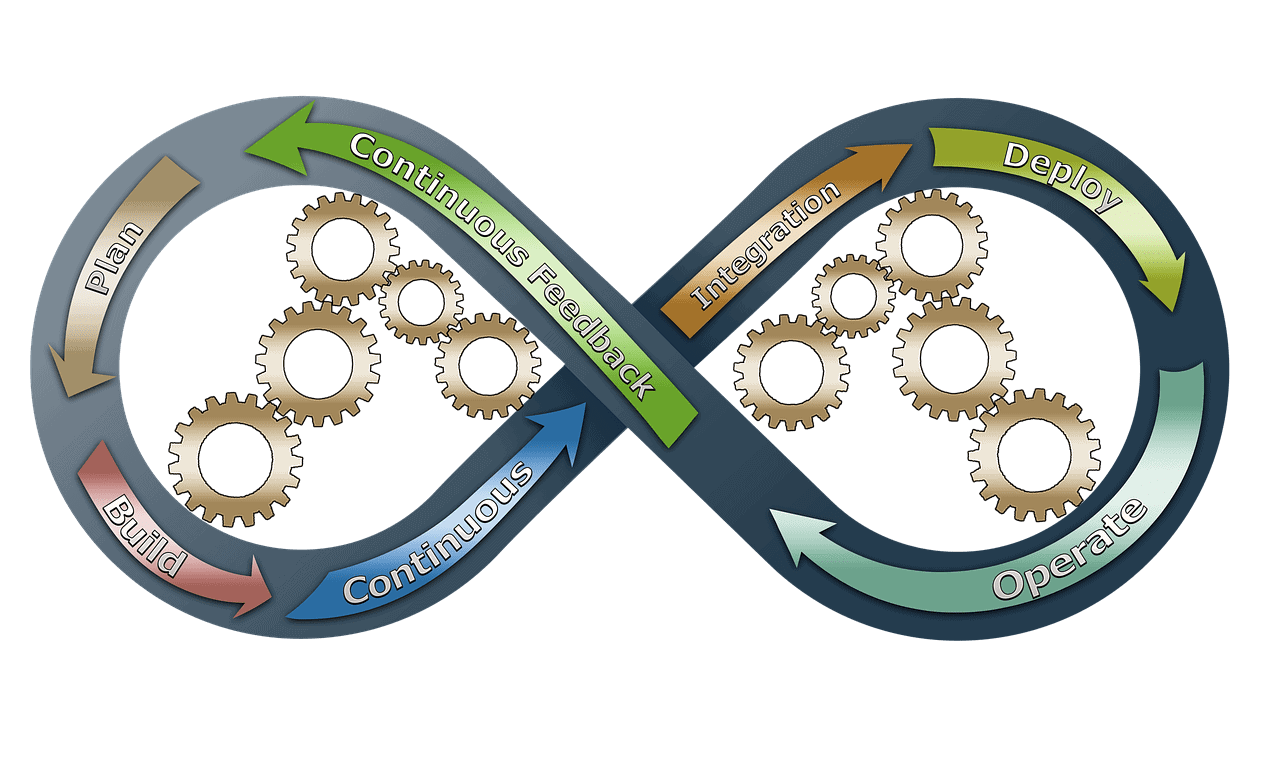Ever heard of Kubernetes? Unless you work in IT, this word may be unfamiliar. However, we suspect you may hear it soon and then start hearing it more. That’s because Kubernetes is an operating system for the cloud that is thought by some to be the emerging standard. It was created to automate deployment, scaling, and management of containerized applications. Since its public release by Google in 2014, this open source system has grown and evolved through ideas contributed by the community using the platform.
Tell Me More About Kubernetes

Think of Kubernetes like a project management system for IT. Because the system is scalable, software teams of any size can use the platform to run everything from a content management system to Gmail to big data processing. This software takes the helm, able to administer multiple server computers and the programs run by those servers. Kubernetes programs operate in containers, which means they can be isolated from each other, making for easier development and deployment. If you don’t have a computer engineering background, this may be a bit much to grasp. Here’s an explanation that really breaks down the Kubernetes concept.
Even if you’re struggling with the pronunciation of “Kubernetes” (“koo-burr-NET-eez”), the idea behind the name is easy to understand. It’s a variation of the English version of a Greek word that means “helmsman” or “pilot”. In short, this software acts as a guide and director of all things IT. Call it “kube” of “k8s” to sound like you’re in-the-know.
Open Source

One of the great things about Kubernetes is the fact that it’s open source. That means the original source code for the software is open to modifications. The platform was donated to Cloud Native Computing Foundation by Google and quickly became one of the most popular options for container management. Engineers from many companies have contributed to the development and refinement of Kubernetes, making it a community with more than 1400 contributors. There are even KubeCons held globally. Individual businesses have developed enterprise versions of the platform that work for their applications.
Working with Architect
Last winter, Key West Video worked with digital product studio Architech to promote their business and an event they were holding. As a company that designs and delivers user-centred, cloud-first solutions, Architech presented a specific activation of Kubernetes on Azure. This hackfest and workshop called ‘Building Cloud-Native Applications Using Kubernetes’ attracted coders, developers, and engineers interested in learning more about the platform.
Architech wanted a video that showed how they are Kubernetes on Azure experts. We were asked to highlight the company’s partnership with Microsoft and showcase the event. Through b-roll, testimonials, and presenter interviews, we created a promotional tool for the client that has helped build excitement for the Architect brand and its services. The video now lives on the Kubernetes information page of the Architech website.
Video as the Common Denominator
At Key West Video, we have a diverse client base. We make videos about food, education, finance, and real estate. Our jobs are a collaboration with the government, start-ups, and small businesses. The work we do covers just about any sector you can imagine. The one thing every job has in common is the use of images to communicate. Whether that’s a still image or video or even animation, we can help you reach your target audience. If you have a message, we have the medium. Call us today for a free quote.









